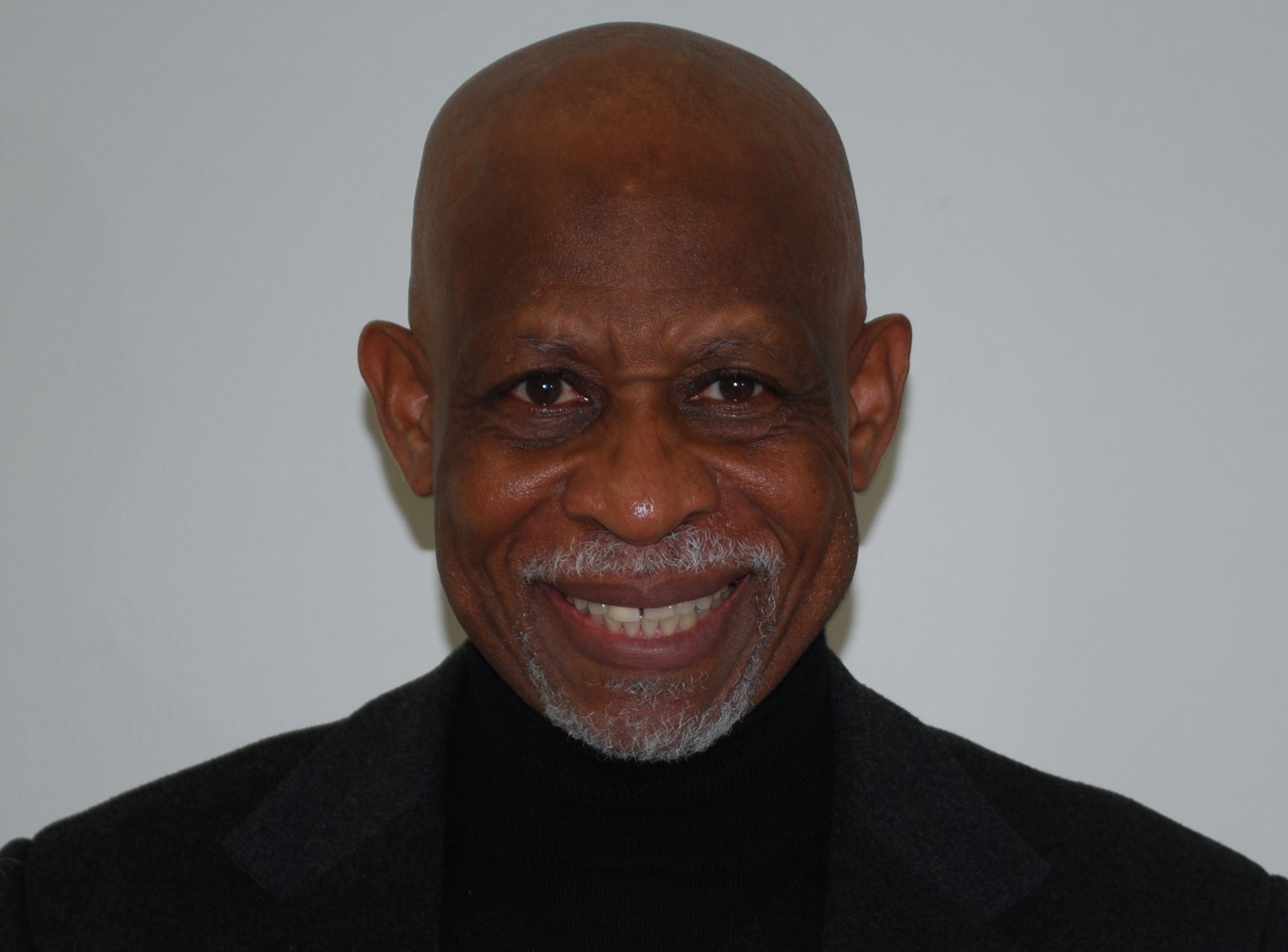From the Pastor’s Heart OP-ED BY DR. ROBERT KENNEDY
Repentance is a word that we hardly hear these days. It seems to have disappeared from active use, as much as the word sin has disappeared. But with so much tragedy facing us in the nation, I wish we would learn how to confess and repent of our sins, again, generally and personally. In this, we would understand the true significance of repentance, not just about the nation as a whole, but as it applies to each of us.
Before making my point about national repentance, let me set forth a caveat by turning to the warning of C.S. Lewis, who argued in his 1940 essay published in The Guardian under the title, “Dangers of National Repentance” that there are always some dangers when we are apologizing for something we disdain in someone else. Lewis’s point was that such repentance could easily turn into “the sin of pride” where we “confess” all the things done by others and fail to take our personal responsibilities.
In his own words, Lewis says, “The first and fatal charm of national repentance is, therefore, the encouragement it gives us to turn from the bitter task of repenting of our sins to the congenial one of bewailing – but, first, of denouncing – the conduct of others.”
For sure, I do argue that C.S. Lewis was not against all national repentance, for he knew it to be a Biblical idea. A cursory reading of the Bible makes clear that repentance was the constant theme of the prophets as they challenged the people of God to faithfulness. Not only did they speak to the people of Israel concerning repentance, but they spoke to other nations, as well. Daniel spoke to King Nebuchadnezzar and the other kings of Babylon.
Jonah also spoke to the nation of Nineveh. In his confessional/repentance prayer in Daniel 9, Daniel used phrases such as: “We have sinned.” We have broken your covenant.” We have transgressed your laws.” Were Daniel present in our land today, we can be sure he might have called out the present manifestation of racism, classism, sexism, and other prejudices exhibited in the land. He would have called for repentance for the gun violence and other sins of injustice that are becoming profoundly cancerous in the nation.
I give credit to those who are calling for national repentance today. I can hear many persons repeating the words the Lord repeated to King Solomon at the dedication of the first great temple, “If My people who are called by My name will humble themselves, and pray and seek My face, and turn from their wicked ways, then I will hear from heaven, and will forgive their sin and heal their land.” (2 Chronicles 7:14)
Like C.S. Lewis, it is my view that if we want revival and reformation in the land, we need to take up our personal responsibility for repentance and not sit around waiting for some national day of fasting and prayer.
The rest of this reflection states that personal repentance is necessary. It is needed so that we do not spend all our time pointing at others without tending to the sins that we have committed. If we are on the path of repentance, we must be willing “to turn around” from our wrong direction and go in the right direction. We must be willing to humble ourselves and walk in a new direction. Repentance is not just a moment of confession. A lot of persons confess, but they do not repent.
To repent is to do like Peter, who denied his Lord in the crucifixion trial. During the trial, he cursed and swore, saying, “I do not know the man.” But, as the text says, “And the Lord turned, and looked upon Peter. And Peter remembered the words of the Lord, how he said unto him, before the cock crows, you will deny me three times. And Peter went out, and wept bitterly” (Luke 22:61, 62)
In effect, Peter came to the turning point in his life when he recognized his weakness and his self-dependence and knew that such had destroyed his trust in the Lord. Peter, then, repented. If we would all admit, we have some personal work to do like Peter. Only thus can we break our:
1. Bad habits
2. False imaginations
3. Self-indulgencies
4. Compromised principles
5. Faithlessness
6. Lack of kindness to one another
7. Lack of courtesy – Disrespect
8. God doubting
9. Disobedience
10. Rejecting of God’s voice
11. Lack of holding ourselves accountable
12. Lack of taking responsibility for our actions
Here, I argue, we cannot be pharisaical by putting on some self-righteous cloak and pretend that we do not need to repent. Repentance is the road to personal transformation and reformation. Or, as one writer puts it, “The garden of the heart must be cultivated. The soil must be broken up by repentance. The evil growths that choke the good grain must be uprooted. As soil once overgrown with thorns can be reclaimed only by diligent labor, so the evil tendencies of the heart can be overcome only by earnest effort in the name and strength of Christ.”
I ask today, Will you accept the call to repentance? Personally? Individually?


